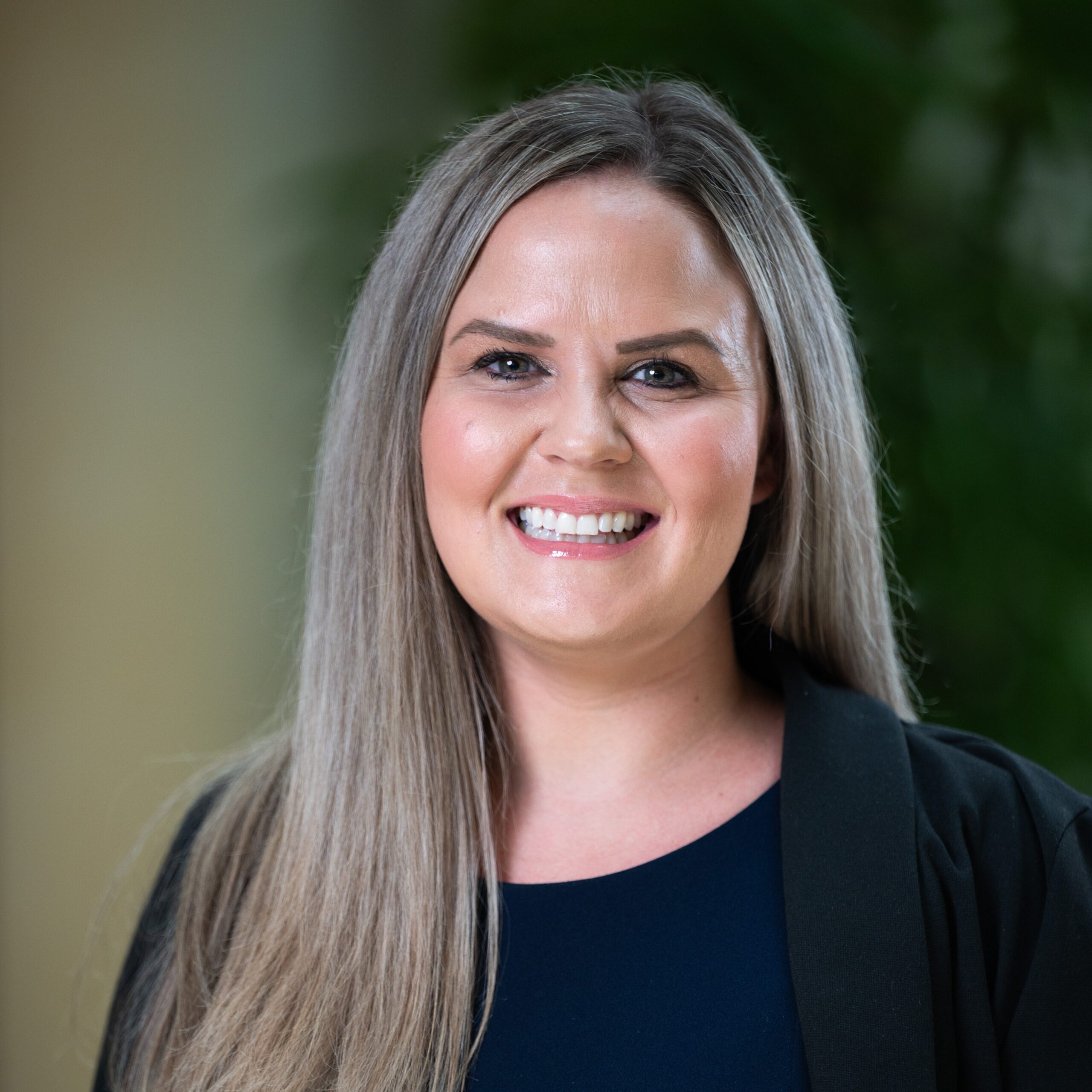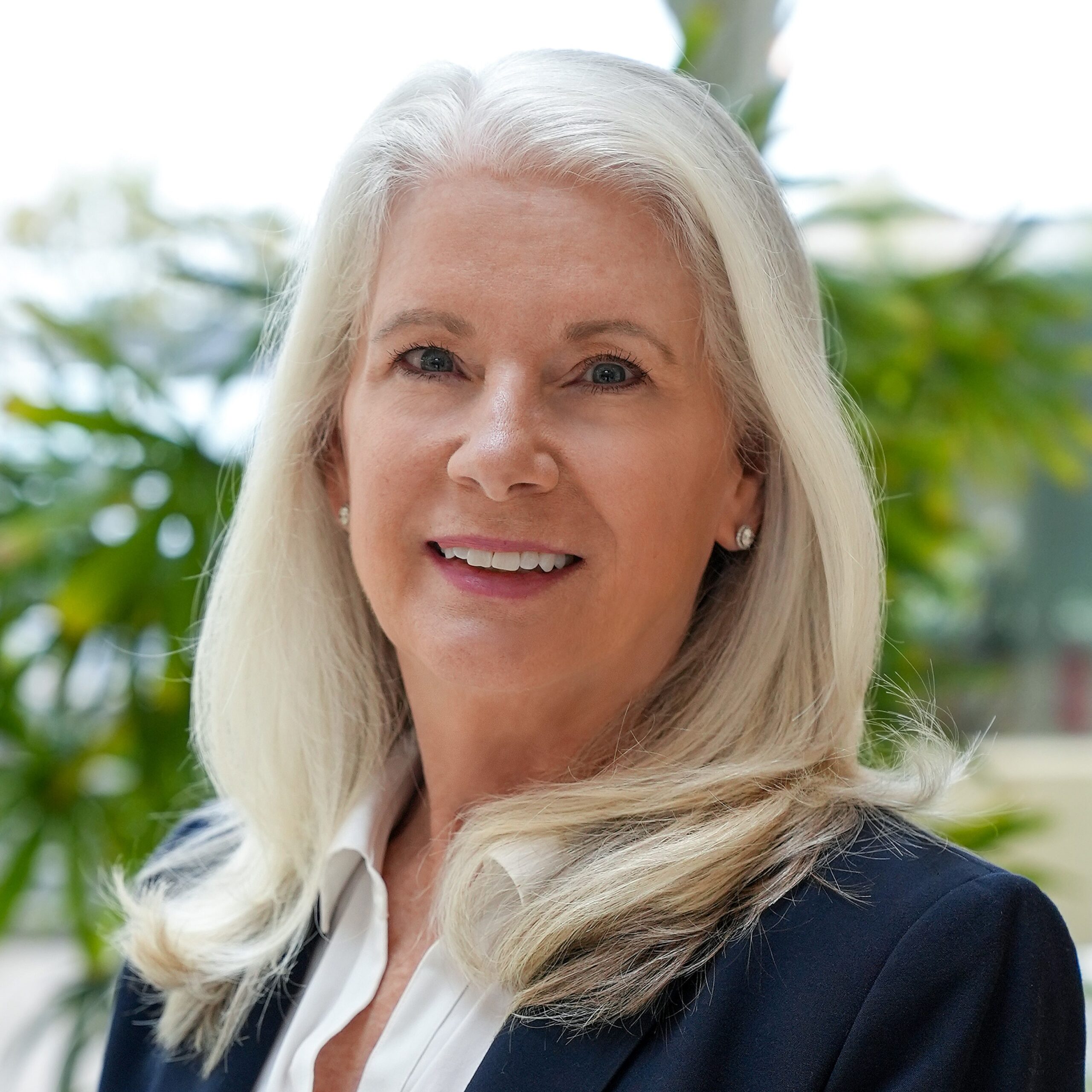Whether you’re an experienced physician seeking more flexibility, a recent graduate dipping your toes into locums work for the first time, or a practitioner ready to explore another state, the credentialing and licensing process can feel like uncharted territory.
In this guide, we’ll walk through the core components of the application and credentialing journey with practical advice, key items, and what kind of support you should look for from a locums company.
Multiple facilities, multiple applications, one contact.
Unlike permanent positions, where a single application may suffice for one hospital system or facility, locum tenens assignments often require multiple facility-specific applications with varying processes. You’ll want to ask the locums company you’re working with what kind of support they offer for this and if they have someone who can act as a single point of contact, streamlining requests and avoiding repetitive paperwork.
What documents should you have ready?
Before starting your credentialing, you should gather all your essential documents such as:
- Updated CV
- Medical school and postgraduate training certificates
- State medical license(s)
- Driver’s license or passport
- Malpractice insurance Certificates of Insurance (COIs)
- DEA registration
- Board certification(s)
Having these organized in a digital folder or cloud drive will significantly speed up onboarding.
What slows things down?
Some common documentation mistakes include:
- Skimming yes/no attestation questions and answering incorrectly
- Submitting outdated CVs or licenses
- Forgetting to disclose past malpractice cases or disciplinary actions
Be thorough, be honest, and double-check before you submit. These steps help prevent delays later in the process.
Why renew licenses?
The most efficient way to keep your career moving is to keep your licenses active, especially in states where you may want to return for future assignments. Reinstating a lapsed license can be more expensive and time-consuming than a simple renewal.
If you’re practicing in compact license states, the Interstate Medical Licensure Compact (IMLC) can streamline multistate licensure, provided you meet criteria such as board certification and a clean record.
How long does credentialing take?
Timelines vary by specialty and facility, but plan on 30-60 days for your credentialing process. There are ways to expedite the process if a facility needs you urgently, but provider responsiveness is key. Be ready to promptly answer calls and emails to keep the process moving.
Your role in making it smoother.
Here’s what you can do to accelerate your credentialing:
- Engage actively. Answer texts, calls, and emails promptly. Your agency point of contact works hard to keep things moving.
- Give references a heads-up. Let peers know we’ll be reaching out for verification.
- Stay honest and transparent. Disclose any past legal, licensing, or malpractice issues. They’ll come up in background checks and trying to hide them only delays things.
- Keep documents updated. Maintain a digital folder and keep licenses renewed.
Partner with Jackson and Coker Locum Tenens
When you choose locum tenens with Jackson and Coker, your recruiting consultant will take the time to get to know your interests to match you with healthcare organizations that align with your professional ambitions and personal priorities. We offer customized opportunities based on medical specialty and work preferences, including options for telehealth and government positions. We’re not just here to file paperwork, we’re here to make your life easier:
- We pre-fill applications.
- We chase down references, verifications, and school transcripts.
- We coordinate background checks and license lookups.
- We work with your schedule and preferred method of communication — email, call, text, you name it.
- We offer 24/7 on-call support during travel or emergencies.
Our team is your partner from first conversation to final placement—and beyond.







